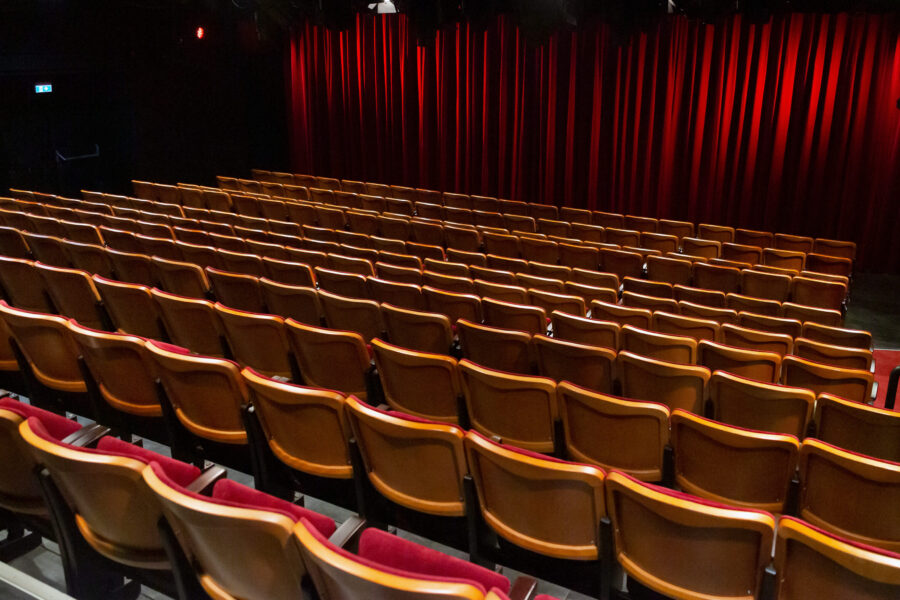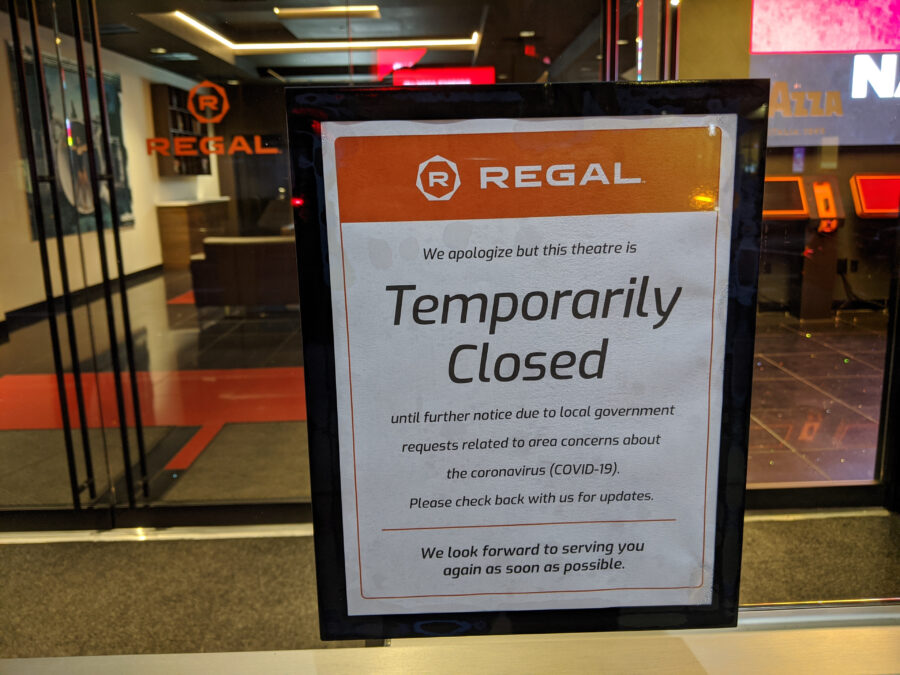Hollywood Is Lying To You About Their Box Office Revenue
The Covid-19 pandemic has rewritten a lot of rules and one of them, apparently, is how studios report box office earnings
This article is more than 2 years old

Every film owes its success to an aggregate assessment of three major factors: audience engagement, critical reviews, and box office yield. Audiences and critics have witnessed the occasional dip (or jiggle) in trends, but nevertheless stayed constant. After all, the modern-day cinephile is hard-nosed and stiff-necked, deeply intuitive by nature, and will espouse any movie that appeals to their personal taste. Box office numbers, on the other hand, may seem comparatively unbiased but are only as reputable as the studios willing to disclose them. The vaccine era, post-COVID, has heralded an unprecedented age of relative non-transparency, where Hollywood companies are actively desisting from reporting their box office revenues to the press, thereby changing the rules of the trade.
The pandemic ushered in a Brave New World of revisionist movie ideology, with studios wantonly concealing the full extent of a movie’s box office performance in the hopes of manipulating the public narrative surrounding its success (or lack thereof). Suffice it to say, box office analysts have been irate while competitors in the industry have followed suit. To wit, Christopher Nolan’s Tenet is the first big-screen behemoth to grace theaters in over a year. The film received mixed reviews; in response, Warner Bros. refused to divulge its official grosses for opening weekend. Turns out it earned $20 million in the first five days.
Warner Bros. would later blow the lid off on their blockbuster hit Godzilla vs Kong with all corresponding pomp and circumstance. (The film set a single-day record for the pandemic era, generating $48.5 million at the box office on its first day.) So, what’s the pattern here? That’s the point. There’s none. It’s hardly tradition to misrepresent a film’s commercial chances, and yet studios are choosing to become more selective about their release models, which numbers to share, and when. Streaming services have been equally reticent with documentation, often parroting largely untenable numbers, but it’s a decidedly different conduit. As a result, box office analysts have rarely minded the difference. On the other hand, fully disclosing theater-by-theater (or city-by-city) data, including ticket sales, should remain a Hollywood convention.

As the industry scrambles to reopen theaters, more studios are beginning to conform to the polemical precedent Warner Bros. started. Sony just released Natalie Krinsky’s The Broken Hearts Gallery and supernatural horror flick The Unholy (starring Jeffrey Dean Morgan) and is waiting till the second weekend to communicate box office information to the press. Most indie studios have stayed firmly on course, but the Disney-owned Searchlight Pictures, which headlined Chloé Zhao’s multi-awarded Nomadland, initially gave inconsistent box office reportings. Comscore-led research platform Rentrak revealed more troublesome irregularities. A24 didn’t share fellow Oscar darling Minari’s figures for opening weekend. Neon kept mum on how the documentary Billie Eilish: The World’s a Little Blurry performed financially on Apple TV Plus.
In an email, Warner Bros. writes: “There is literally no context in which to compare the results of a film opening during a pandemic with any other circumstance. We are in unprecedented territory, so any comparisons to the pre-COVID world would be inequitable and baseless.” No thanks to the coronavirus, studios have begun to shake things up and rethink the way they handle box office documentation. For better or worse, moviegoing is no longer as predictable (in the many ways it could) as it used to be.
The good news? So far, Warner Bros. is the only major distribution executive determined to stonewall information. Disney and Universal Pictures (specifically Focus Features) continue to respect tradition and accurately document box office tallies. Paramount Pictures promises to send notes to the media when John Krasinski-led A Quiet Place Part II hits theaters on May 28. To its credit, Warner Bros. continues to allow analysts access to Godzilla vs Kong’s detailed grosses for every day it’s screened in theaters. But what happens when future films, like Simon McQuoid’s video game-adapted Mortal Kombat, don’t perform to expectations in the box office? Will findings be (secretly) amended accordingly? Or will the studio return to form and once again report box office numbers in traditional Hollywood fashion? Has the pandemic truly changed the name of the game for executives forever?












